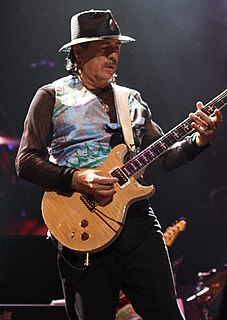A Quote by James A. Michener
I know the world of opera so intimately: historical sweep, sharply defined characters, not too rational an explanation of what's going on. It's a feast.
Quote Topics
Related Quotes
Theresa strode over to us in a swish of cloth. "Enough of this, animator. He can't do it, so he pays the price. Either leave now, or join us at our...feast." Are you having rare Who-roast-beast?" I asked. What are you talking about?" It's from Dr. Seuss, How the Grinch Stole Christmas. You know the part, 'And they'd Feast! Feast! Feast! Feast! Feast! They would feast on Who-pudding and rare Who-roast-beast.'" You are crazy." So I've been told.
It's funny what [producer Richard Zanuck said about even though you can't quite place when the book or the story came into your life, and I do vaguely remember roughly five years old reading versions of Alice in Wonderland, but the thing is the characters. You always know the characters. Everyone knows the characters and they're very well-defined characters, which I always thought was fascinating. Most people who haven't read the book definitely know the characters and reference them.
I don't think God is an explanation at all. It's simply redescribing the problem. We are trying to understand how we have got a complicated world, and we have an explanation in terms of a slightly simpler world, and we explain that in terms of a slightly simpler world and it all hangs together down to an ultimately simple world. Now, God is not an explanation of that kind. God himself cannot be simple if he has power to do all the things he is supposed to do.
For centuries, we in the West have thought of ourselves as rational animals whose mental capacities transcend our bodily nature. In this traditional view our minds are abstract, logical, unemotionally rational, consciously accessible, and, above all, able to directly fit and represent the world. Language has a special place in thie view of what a human is - it is a privileged, logical symbol system internal to our minds that transparently expresses abstract concepts that are defined in terms of the external world itself.
God does not have a fixed plan that he must carry out; on the contrary, he has many different ways of finding man and even of turning his wrong ways into right ways...The feast of Christ the King is therefore not a feast of those who are subjugated, but a feast of those who know that they are in the hands of the one who writes straight on crooked lines.





































